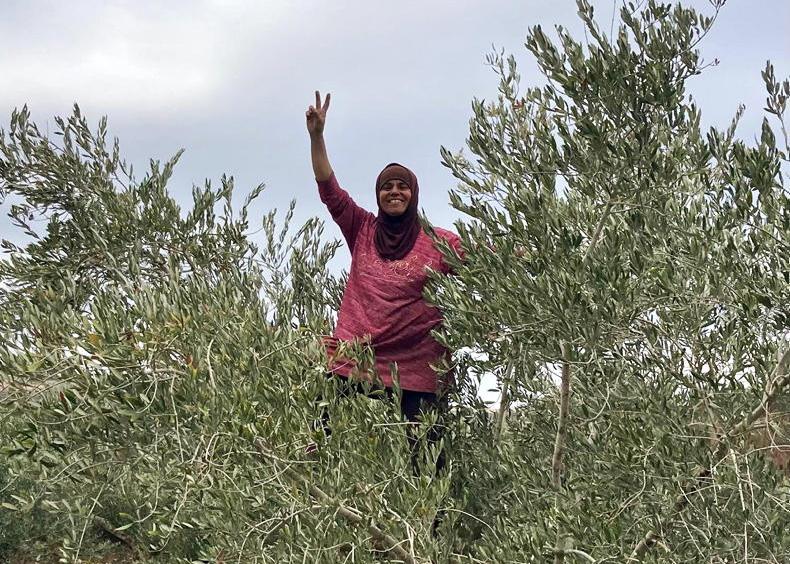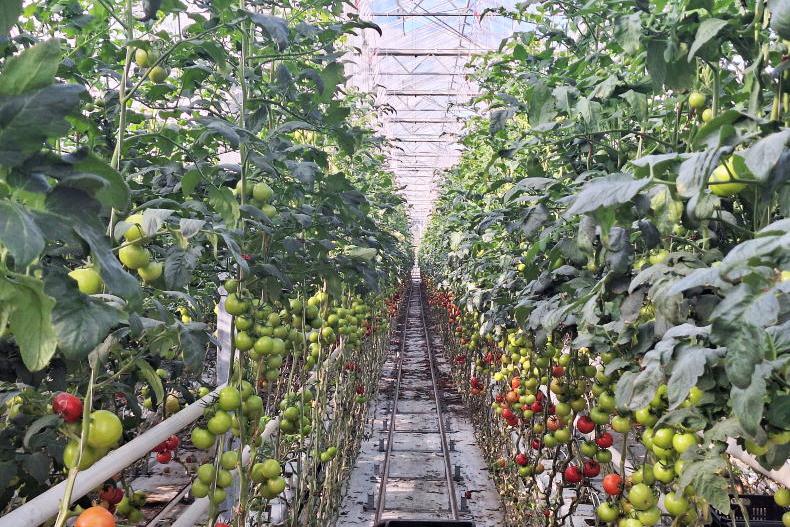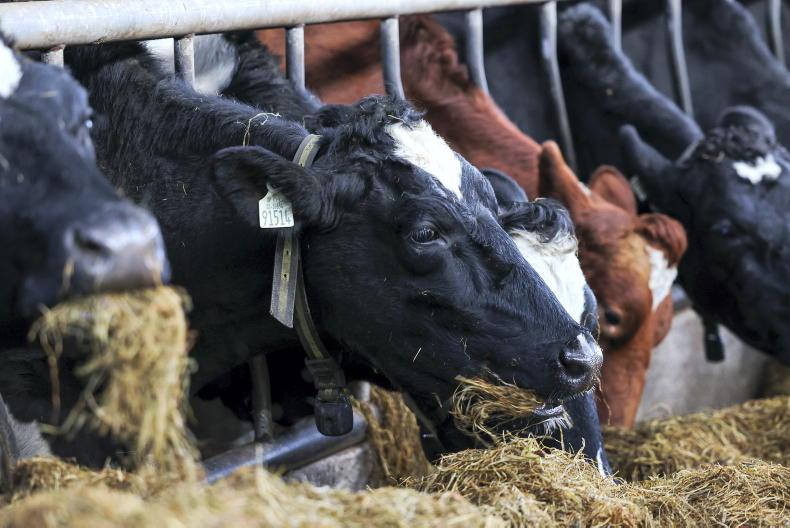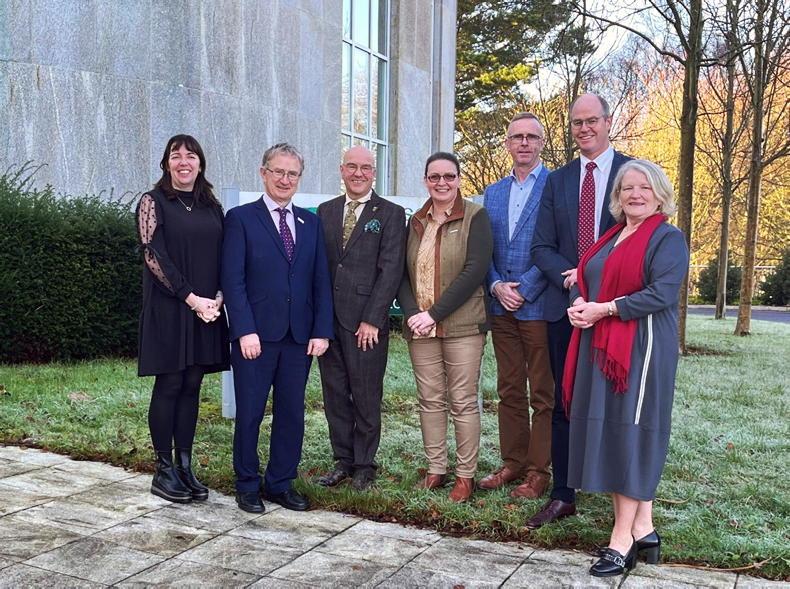A new written charter between farmers and fruit and vegetable buyers is a central plank of the Government’s new horticulture strategy.
Led by the Irish Farmers' Association (IFA) but including all growers, Bord Bia, Teagasc retailers and consolidators, the aim is to develop a written agreement that will support the long-term production of local, in-season, fresh, quality fruit and vegetables (including organic).
In its strategy, published on Friday, the Government acknowledges that price pressure on growers has led to reduced margins for growers.
Expectation of low prices
“Historically, promotional activity by retailers on fresh produce has focused on price, ultimately reducing returns from the market place for the grower,” the strategy states.
“In addition, this has led to an undervaluing of fresh produce in consumers’ minds and an expectation of low prices.”
The report also elaborates on how Irish growers are particularly punished by the pricing system compared with their European counterparts.
“Unlike the continental retail market, where price is set by both contracts and weekly spot prices (which flex according to supply and demand and can better reflect increased input prices), Irish growers are often locked into annual contracts, which do not always reflect increases in input prices,” it notes.
Partnerships
“Long-term, retailer-grower preferred supplier partnerships with concrete, planned crop programmes which reflect the true costs of production/storage and transport/packaging would be ideal,” it says.
The strategy also notes a need to change consumers’ mindset to understand the impact of their choices and help them to make informed choices when buying edible and nonedible horticultural produce.
The new agri-food regulator is expected to cover the areas of price and market analysis and reporting, the prohibition of unfair trading practices in business-to-business relationships and the promotion of fairness and transparency in the agricultural and food supply chain.
“In light of its planned powers, there may be a role for the new regulator in the education of consumers on the cost of producing food,” the report adds.
Ireland’s horticulture industry has severely contracted due to the price pressure placed on growers and the increased cost of specialisation and mechanisation, to the point now that just 200 farmers supply 85% of the fruit and vegetable industry’s output.
There are only around 1,000 horticulture producers in the country in total.









SHARING OPTIONS